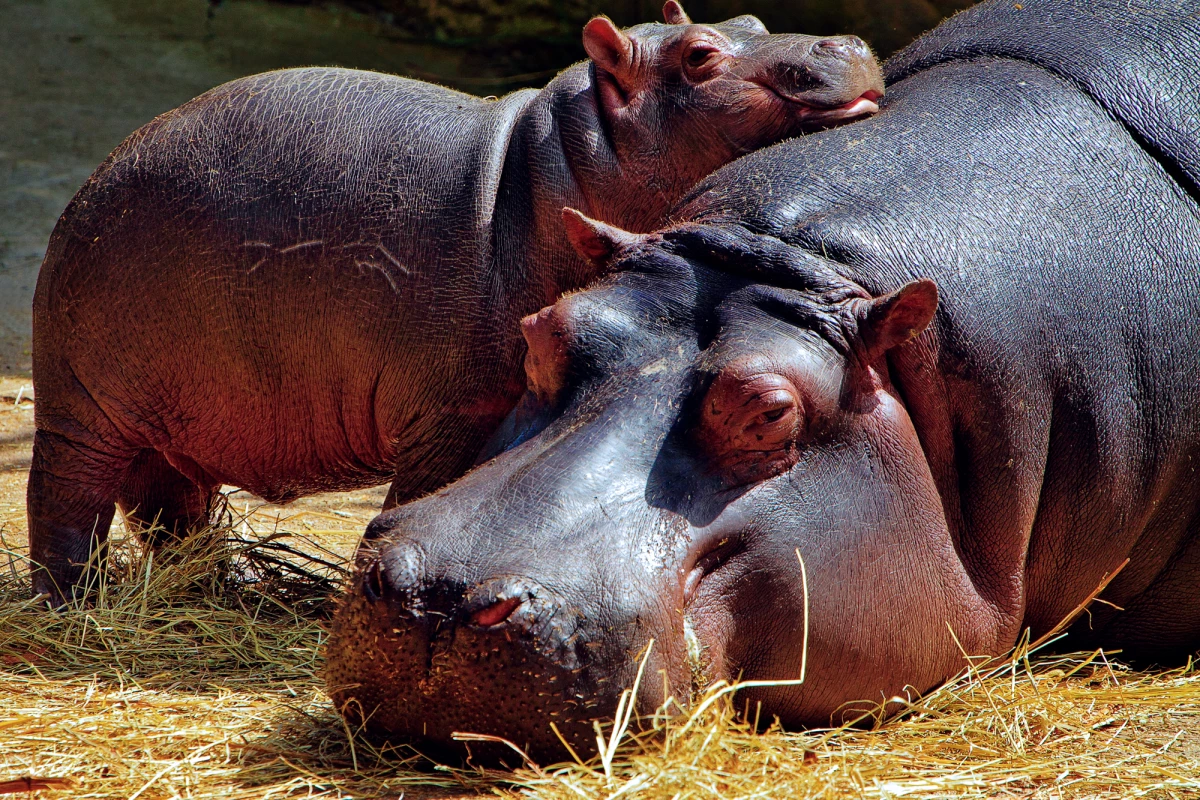Introduced species are generally seen as a negative for the ecological destruction they cause to native habitats, but could there be a silver lining in some cases? A new study suggest that in fact there could be, after a global analysis of introduced herbivores found that they can help restore some elements of ecosystems that have been lost through human-induced species extinction, pointing to the hippos Pablo Escobar brought to Colombia as just one example.
The research was carried out by an international team of scientists and looked at the ecological impacts of herbivore species compared to those lost through extinction. In the case of Escobar’s hippos, the drug kingpin left behind four on his private ranch when we died in 1993. These have since bred to number between 80 and 100, and now inhabit Colombia’s rivers.
According to the scientists, as species like these ones are introduced into new habitats, they can inadvertently restore ecological traits that were lost long ago by influencing factors such as the growth of shrubs in drylands. They arrived at these conclusions after looking at the key characteristics of herbivores from before the Late Pleistocene extinctions, around 11,000 years ago, including their body size, diet and habitat, and comparing them to herbivores roaming around today.

“This allowed us to compare species that are not necessarily closely related to each other, but are similar in terms of how they affect ecosystems,” says lead author Erick Lundgren, from the University of Technology Sydney (UTS). “By doing this, we could quantify the extent to which introduced species make the world more similar or dissimilar to the pre-extinction past. Amazingly they make the world more similar.”
The team calculates that some 64 percent of introduced herbivores are more similar to these long-lost species than local native ones.
“We usually think of nature as defined by the short period of time for which we have recorded history but this is already long after strong and pervasive human influences,” said senior author Arian Wallach from UTS. “Broadening our perspective to include the more evolutionarily relevant past lets us ask more nuanced questions about introduced species and how they affect the world.”
Feral hippos in South America are similar in diet and body size to extinct giant llamas
The team found that while some introduced species were almost ideal replicas for the lost species, others offered a mix of traits from the extinct herbivores.
“For example, the feral hippos in South America are similar in diet and body size to extinct giant llamas, while a bizarre type of extinct mammal – a notoungulate – shares with hippos their large size and semiaquatic habitats,” says study co-author John Rowan, Darwin Fellow in organismic and evolutionary biology at the University of Massachusetts Amherst. “So, while hippos don’t perfectly replace any one extinct species, they restore parts of important ecologies across several species."
The research was published in the journal Nature Communications.




